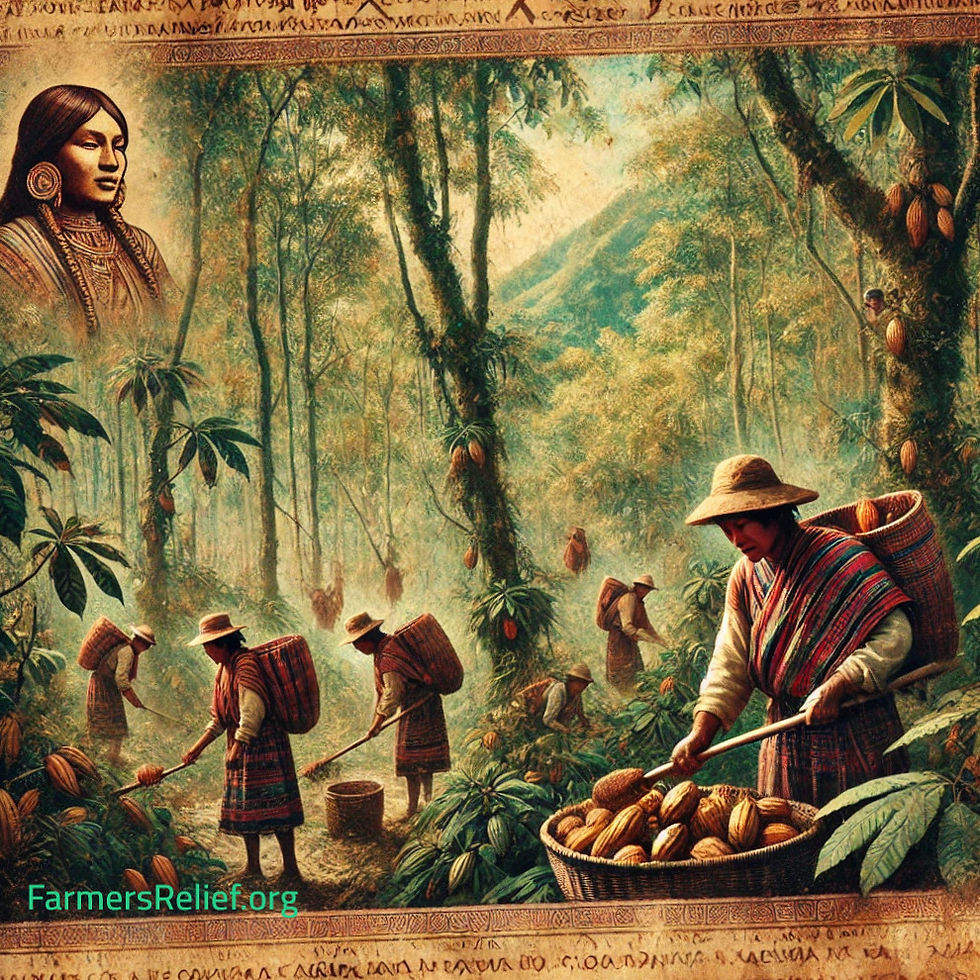Salt Water Invasion Farming
- Roman Gana

- Jan 1
- 2 min read
By Roman Gana
Farmers Relief
January 01, 2025

Lessons from Ancient Farmers
Long ago, the Maya and native peoples faced the same challenge. When salt poisoned their fields, they found ways to endure. They built raised beds and canals to flush the salt out. They adapted, planting crops that could survive in the changed soil. Their ingenuity kept their communities alive, even as the land fought back.
Saltwater in the Soil
The salt came with the wind and the tide. It crept into the earth and stayed. Farmers along the Atlantic coast watched their fields change. Where crops once grew tall, the soil turned pale and bitter. Saltwater does not grow corn or wheat. It kills it.
“The sea is winning,” said one farmer, staring at his empty field.
The Cost of a Lost Harvest
Each acre lost is money gone. Thousands of dollars, gone. Farmers see their hard work washed away with the tide. Livelihoods drown in the salt. Families sell land that can no longer grow food. The salt has claimed over 100,000 acres across the coast.
“We plant, but nothing comes up,” said another. “We’re losing more than crops. We’re losing hope.”
A New Way to Farm
But there is a way forward. Researchers talk about salt-tolerant crops. Others build barriers to block the sea. It is hard work. It takes money, time, and faith. Some farmers have turned to shrimp or oysters, using the salt instead of fighting it.
“The land changed,” said one man. “So we changed too.”
Hope in the Salt
The sea gives and the sea takes away. Farmers along the Atlantic know this truth. They fight the salt with grit and ingenuity. They hold on to their fields, their families, and their future. The battle isn’t over. But neither are they.
What We Can Learn
The farmers of today are not so different from the ancients. Both face nature’s wrath with resilience and creativity. The past shows that survival is possible—if we adapt. The salt may win some battles, but history proves that it doesn’t have to win the war.
Roman Gana



Comments